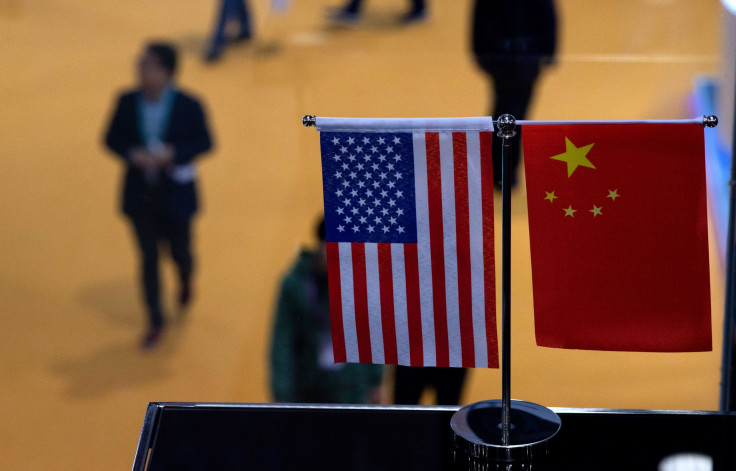The US-China Business Environment Will Change Dramatically, Says Phil Zhu

The business and political relationship between the U.S. and China will dramatically change going forward and cross border mergers and acquisitions will become increasingly difficult, Phil Zhu, PhD and professor of international financial management at the University of San Diego School of Business told International Business Times.
Zhu expects the U.S. and China to reach a temporary deal in the short term. “China needs a trade deal as it is currently under the economic slowdown pressure. China may compromise in the short run to reach a trade agreement with the U.S.,” he said.
Delegates from the U.S. and China are set to hold face-to-face negotiations over a two-day meeting, starting Monday, aimed at easing trade tensions between the two countries.
However, Zhu said “without a political change, it is hard to imagine that the two countries will reach a higher level of collaboration given disagreement in political fundamentals.”
Citing recent comments that Chinese President Xi Jinping made on the 40th anniversary of the country’s reforms, Zhu said there were “ideological and political divergence between the two countries.”
He said the trade war has caused uncertainty in companies' global strategy and planning and requires firms to make adjustments in their global sourcing and investment strategy.
“Multinational corporations should realize that the business environment between the two countries would dramatically change after this (trade war),” Zhu added.
Zhu said it was not simply about business gains or losses but mainly about the ideological differences and political divergence. “We have already seen that MNCs took actions to diversify their investment into other regions,” he said.
Dr. Zhu said the trade war has clearly affected companies of the two world’s largest economies that are involved in import / export.
In December, Apple said it will start assembling its iPhones in India through the local unit of Foxconn as early as 2019 -- a move that could help Foxconn and Apple limit the impact of a trade war between the U.S. and China.
Zhu said the recent stock market crash has also reflected the expectation of slower growth and lower earnings of multinational firms caught in the U.S.-China trade war.
The S&P 500’s performance during December, 2018, clocking a 7.8 percent loss, was the weakest since the Great Depression when it lost 14.5 percent in December, 1931. The S&P 500 closed at 2,531.94 Friday. Analysts expect stock market volatility to continue in 2019.
Zhu said cross-border mergers and acquisitions will become increasingly difficult and face more challenges in the developed world. “Particularly, those acquisitions that are motivated by acquiring technology and knowledge workers will face more scrutiny and face more political pressure from foreign governments,” he said.
“The recent arrest of Huawei's CFO in Canada indicated an intensified global technology competition mingled with political contests facing those large multinational corporations,” Zhu added.
© Copyright IBTimes 2025. All rights reserved.





















